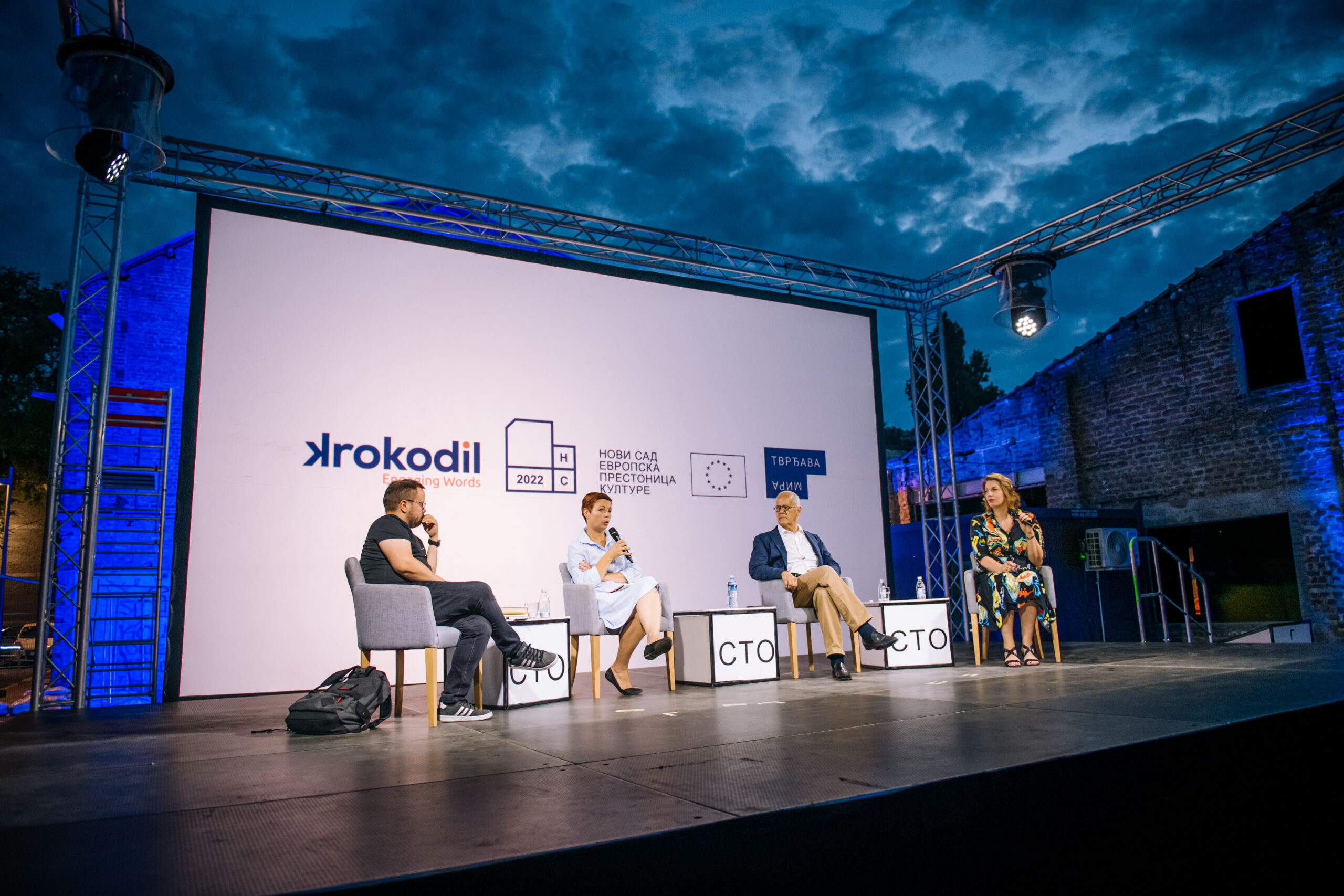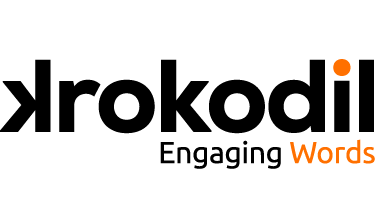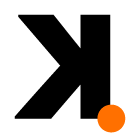
20 Jul Enlargement is stuck because the EU does not want another Orban or Kaczynski; Leaders are praised for stabilocracy while society is criticised / KROKODIL Festival 2022 Novi Sad edition – 24th June
‘The EU enlargement is stuck. Serbia has failed to implement all the necessary reforms and apply the separation of powers, and the EU has realised that Serbia hasn’t made much progress with reforms. However, there have been some changes because the EU has realised that Russia and China have a great influence in our country, and that shook them a little’, said political scientist Ivan Vejvoda yesterday at the Novi Sad edition of the Krokodil festival.
Vejvoda went on to say that nowadays it was all about the primacy of stabilocracy over democratic values, which is why leaders are praised for maintaining stability in the country and region, while society and states are criticised.
Sociologist Aleksej Kišjuhas called it facing the present that has two mutually unsynchronised levels: the EU level and the Western Balkan level.
‘On one hand, we have enlargement fatigue coming from the EU, and on the other, accession fatigue coming from Serbia – we are tired from reforms and changing ourselves. The question we should ask is what we have done and whether Serbia and Bosnia and Herzegovina really belong with the Western European societies and share their values. ‘Serbia not only doesn’t look like Denmark, the Netherlands or Belgium, but it doesn’t look like Romania either’, pointed out Kišjuhas.
Enlargement fatigue has set in because of various crises in the EU itself, but also, Vejvoda added, because the EU does not want another Orban or Kaczynski at its table.
In his opinion, in 2007, the EU made an important geopolitical decision to admit Bulgaria and Romania to the EU. Despite all the protests, their membership turned out to be very important in the war between Ukraine and Russia. It is time the EU made a similar decision about Serbia.
Asked how authoritarian young people in Serbia were and how different they were from young people in other countries, the director of the Institute for Philosophy and Social Theory, Gazela Pudar Draško, said that they did not differ too much when it came to their values.
The true attempt to revive a democratic culture was very short. We can talk about whether young people are authoritarian or not, but the real question is whether they have a chance to be different’, Pudar Draško said.
The problem in our society, according to Kišjuhas, is the rise of conservatism, in which the media propaganda machine is instrumental.
Bulgarian political scientist Ivan Krastev also took the stage. One of the key questions he posed was: Why was Europe taken by surprise by Putin’s decision to invade Ukraine when he has maintained that Ukraine is Russia for ten years and that the help from the West will not be accepted?
The next question that needed an answer was: Why are we all surprised that Ukraine is defending itself? What made even President Putin believe that Ukraine would not resist was the fact Ukraine let Russia win the 2014 conflict without firing a single shot. It is important that we understand the Ukrainians’ memory of that moment in history when they could not defend themselves. It is also important to stress that this situation is quite similar to the conflicts that took place in our region in the 1990s.
Two two-member teams, Marko Dražić and Viktor Marković from Njuz.net and Dušan Šaponja and Dušan Čavić from Marka Žvaka, took each other on in a hilarious battle of wits. Over three rounds, Ecology vs. Progress, East vs. West, and Njuz.net vs. Marka Žvaka, the teams battled in satire, humour and improvisations on current topics. In the last round, Njuz.net vs. Marka Žvaka, they decided to highlight the virtues of their interlocutors and praise each other, making the audience laugh even more. However, although the audience seemed to have laughed at both teams equally, it was the applause that decided the winner, and it was Marka Žvaka.
The report was prepared by KROKODIL journalists for a day Anđela Davić, Ana Stanković, and Ana Živanović.
The project Journalist for a Day – Journalists against Racism is implemented as part of Reporting Diversity Network 2.0 funded by the European Union.



Sorry, the comment form is closed at this time.